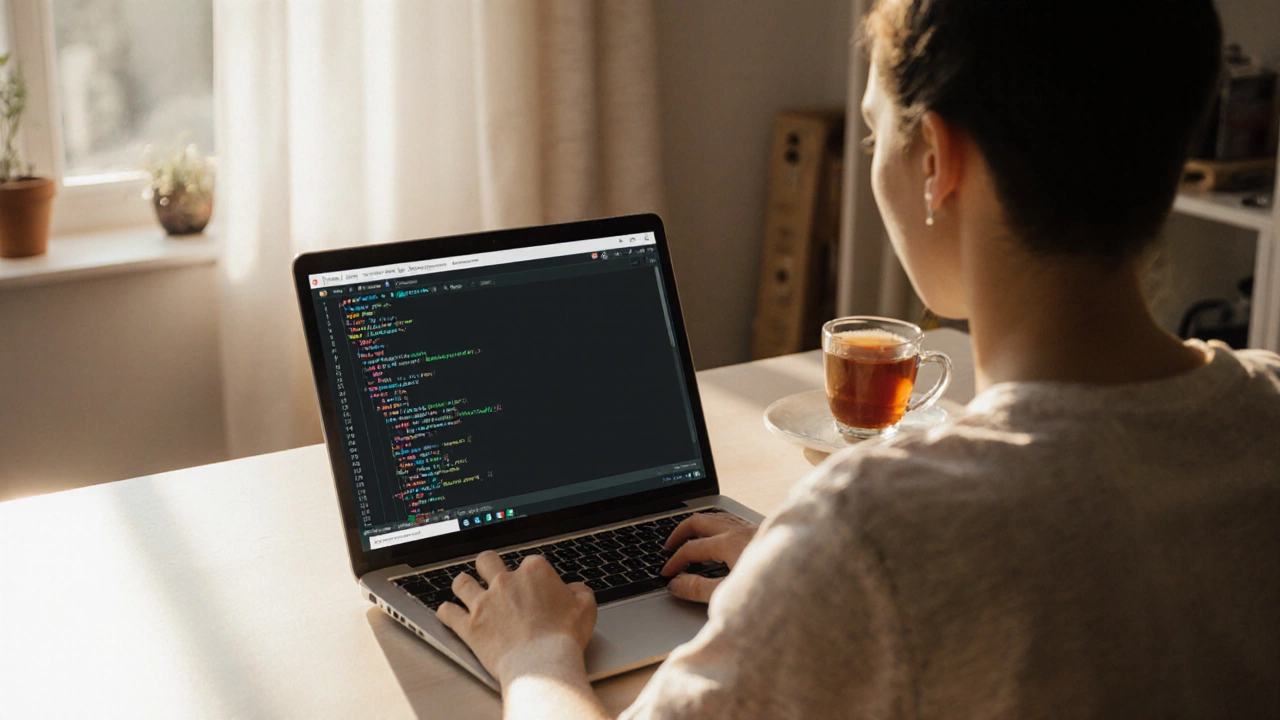Programming for Beginners: Your Simple Start Guide
Thinking about learning to code but not sure where to begin? You’re not alone. Most newbies feel overwhelmed by the sheer number of languages, tutorials, and advice floating around the web. The good news is you don’t need to master everything at once. Focus on a few clear steps, use the right free tools, and practice regularly. By the end of this guide you’ll have a solid plan to start programming with confidence.
Pick the Right First Language
The first decision that sets the tone is the language you’ll learn. Choose a language that matches what you want to build. If you’re curious about web sites, HTML, CSS, and a bit of JavaScript will let you see results in minutes. For apps or general problem solving, Python is a top pick – its syntax reads like plain English and it works for data, web, and automation.
Don’t chase the hype. Most beginners start with Python because it has a huge community, tons of free tutorials, and a gentle learning curve. JavaScript is another solid option if you love interactive web pages. Whatever you pick, stick with it for the first month. Switching too often spreads your focus thin and slows progress.
Build Real Skills with Practice and Free Resources
Reading theory is fine, but coding is a skill you grow by doing. Start with tiny projects: a calculator, a to‑do list, or a simple game like “guess the number”. These projects force you to write code, debug errors, and see how pieces fit together.
Free resources are everywhere. Websites like FreeCodeCamp, Codecademy (basic tracks), and W3Schools offer interactive lessons that let you type code directly in the browser. YouTube channels such as Programming with Mosh and Corey Schafer break concepts into bite‑size videos. For practice problems, try LeetCode Easy tier or HackerRank “Warm‑up” challenges.
Set a realistic schedule – 30 minutes a day beats cramming 3 hours once a week. Use a simple code editor like VS Code; it’s free and gives you helpful hints as you type. When you hit a bug, resist the urge to Google the whole error message. Scan the code yourself first, then search specific keywords. This builds problem‑solving muscles.
Track your progress in a notebook or a digital doc. Write what you learned, what confused you, and how you fixed it. Revisiting these notes later reminds you of breakthroughs and saves time on repeating mistakes.
Lastly, join a community. A subreddit like r/learnprogramming or a Discord server for beginners offers quick feedback and moral support. Asking questions is a sign of growth, not weakness.
By picking a friendly language, building tiny projects, and using free, hands‑on resources, you’ll move from “I want to code” to “I can code”. Keep the momentum, stay curious, and enjoy the process. Happy coding!
- October
30
2025 - 5
Do I Need to Be Good at Math to Code? The Real Answer
You don't need to be good at math to code. Most programming jobs require logic, not formulas. Learn how to start coding with minimal math skills and build real projects without fear.
Read More- April
4
2025 - 5
Which Coding Language Should You Learn First?
Choosing your first coding language can feel like picking a flavor at the world's largest ice cream parlor. While languages like Python, JavaScript, and Ruby each have their strengths, it's more about what suits your goals best. We'll break down the options, from ease of learning to job prospects, so you can comfortably decide where to start your coding journey.
Read More
